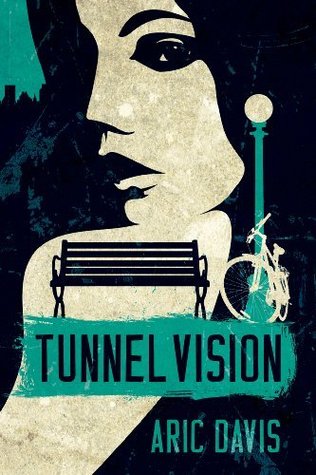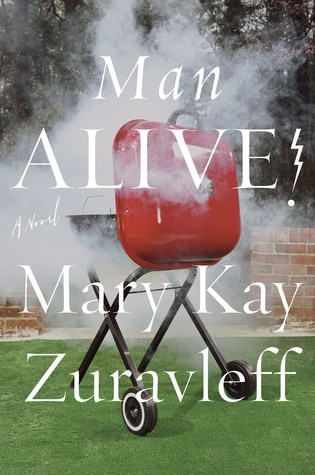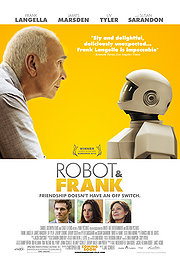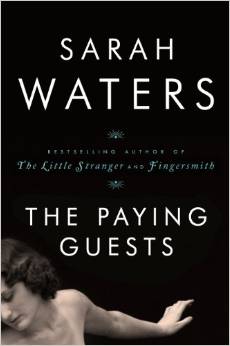This is not a review of Robot & Frank, an enjoyable film. This is about the future Robot & Frank imagines.
One critic does write specifically about the future imagined.
Joshua Topolsky at The Verge summed up his opinion in the last paragraph of his review:
“It’s also one of the few movies I’ve seen where the future is not a dystopic nightmare, 3D-generated phantasmagoria, or otherwise unbelievable peek into a not-too-distant hellworld. It’s future that seems real, palpable, and just around the corner — one where we have to figure out not just what our technology will do to us, but what it will mean to us.”
But Topolsky is wrong. Let’s be clear: I’m bias. My job as a criminal justice reporter for a weekly newspaper in a small community means I’m more aware of what police may be able to do, and what they may not be able to do and when they’re violating somebody’s rights.
Very few, if any, of the critics I read picked up on the fascist state director Jake Schreier and writers Christopher D. and Christopher Paul Ford conjured up. It is, I imagine, the result of a creeping fascist state.
The main character, Frank (played by Frank Langella) is a retired cat burglar with varying degrees of dementia. His son gets him a robot to take care of him and the robot’s main directive appears to be Frank’s health, even if that means helping and allowing him to commit burglary, something that engages him intellectually.
(Far more than the robot’s love, gardening.)
Read More →



